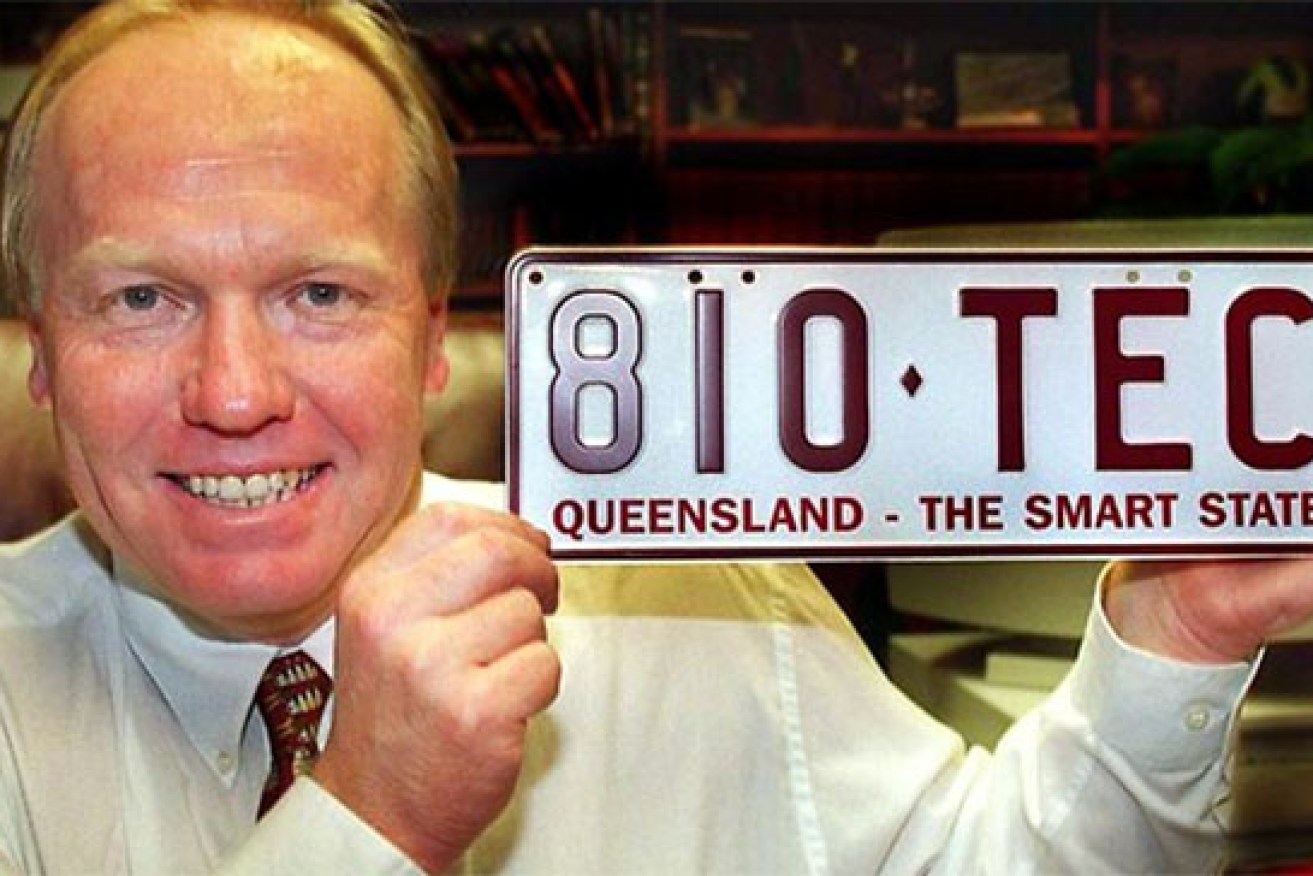It’s great to be smart, but being clever is a different thing altogether
In the last decade, we have seen the use, abuse, and overuse of the word “smart”. Everything with technology has become “smart” – from your phone to a car, and even smart weapons!


Premier Peter Beattie's Smart State initiative brought some useful legacies.
The assumption I think we are all making is that smart means ‘in a clever and effective way’. If that assumption is correct, it does stack up in many cases; your phone, your watch and perhaps your car do things in a clever and effective way.
However, the use of ‘smart’ does not stop there. Increasingly, we are told that our cities, towns, and regions are becoming smarter…. but what does that mean?
I am a big fan of things being smart but, and it is a big but, only if smart means “a clever and effective way” to benefit stakeholders.
Today, we see the term used in context to our living environment – a smart city. On the surface that’s great news, however, in my experience, many such announcements are then linked to a new technology being deployed without a well thought through benefit.
The concept of “smart” in terms of a town, city or a region is not new. A former premier of Queensland, Peter Beattie, gave us Queensland as the “Smart State” – a bold vision that did leave some legacy benefits.
In the last decade, we have made great advancements in many areas because technology has delivered us a genuine return through innovation and productivity. The integration of smart technologies into our daily lives is now almost mandatory. Could you imagine trying to get to Blockbuster on a Friday night to rent a video, or paying your bills at the bank in person?
Smart technology has given us numerous benefits, but it generally works when you can see a clear benefit – doing something faster, cheaper, or better. If our taxes are being used to make our living environment smarter, the measurable gains must be clear for all to see.
Within Queensland, there are 77 councils. These are complex organisations that are full of talented and passionate individuals trying to improve the outcomes for their community.
Just like businesses, the costs of running governments have risen; from insurance, energy, and wage costs – the challenge has never been so hard. Doing more with less is a daily battle for councils and many have rightly turned towards smart technology to innovate and find the much-needed productivity.
While many of the smart projects have been well thought through, I continue to wonder how some projects are being funded when the community benefit is so poorly defined.
Amongst the sea of smart projects in councils, there are some shining examples that depict a “clever and effective way”. One Queensland council has recently started to gather road conditions (pothole) data from cameras fitted on waste and recycling vehicles. Combined with Artificial Intelligence (AI), this data is being used to improve road maintenance whilst cutting down the cost of data collection.
The council is using the saved time and money to increase productivity and deliver better roads for the same investment, which is a clear dividend for the ratepayers of that council. Such an example is a clear sign of the value that can be gained from smart technology when the problem and benefit are well understood.
If public leaders are to claim “smart” in our living environment, then it must empower you to improve your decision making and offer you a genuine benefit, either social or economic to you – the taxpayer.
As time passes, the term “smart” should fade as we normalise more innovative ways. Not everything should be called smart in 2020/2021.
Five years ago, it was right to say a carpark was smart, or it had a “smart parking” solution because it showed you available spaces. Today you would be shocked if a new car park did not tell you this information to make your parking decision a little more effective; it’s no longer smart; it’s just expected.
We should seek to encourage and support our governments to innovate the way they do business, to become more effective, efficient, and productive. Just like movies “on demand” has given us more choice at a higher quality with a lower price, we should encourage public services to move in the same way.
It is, however, important that we all play our part and be willing to explore how smart projects can benefit our daily lives. The concept of smart in your living environment is a powerful force for good, but it must be accompanied by tangible social and economic return on investment.
Neil Glentworth is the founder and chairman of GWI a data and technology specialist company. He is also the Executive Chairman of specialist public sector advisory firm Redman Solutions.













